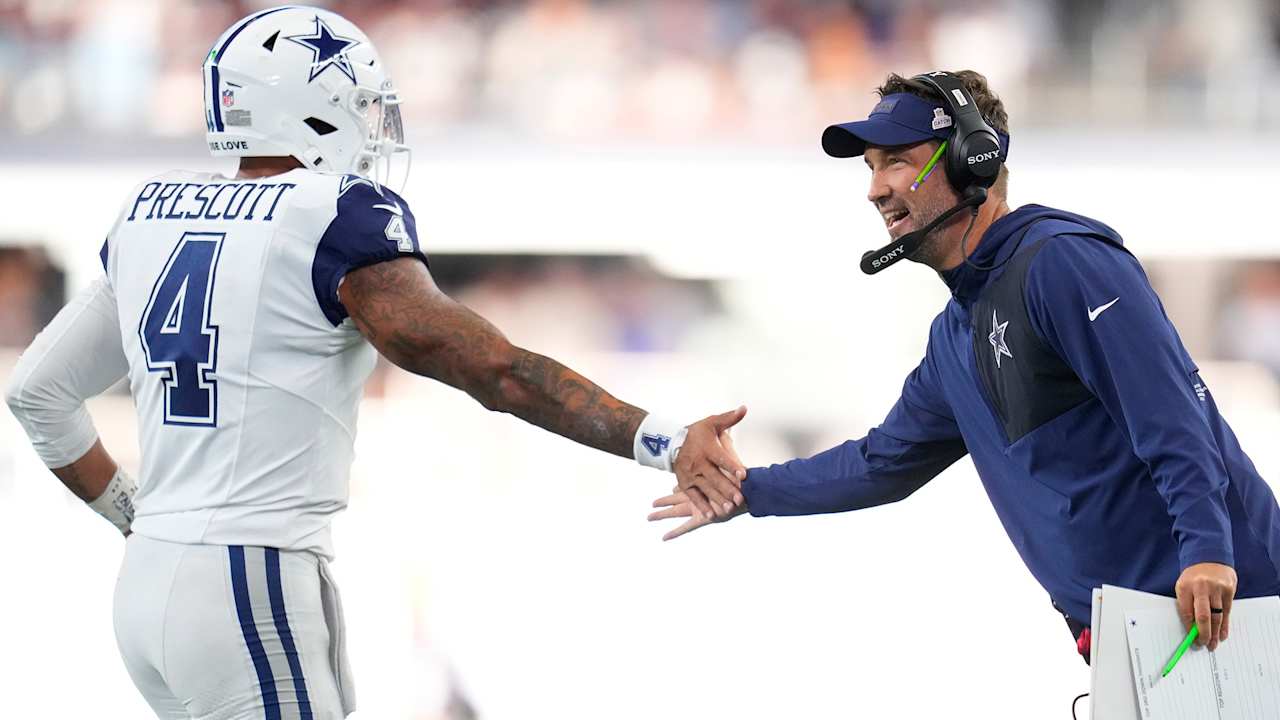Charlie Javice Sentenced for $175 Million Frank Fraud Case

Charlie Javice Sentenced for $175 Million Fraud
Charlie Javice, founder of the student-finance startup Frank, was sentenced to 85 months in prison for defrauding JPMorgan Chase during its $175 million acquisition of her company. Javice and her co-defendant fabricated customer data to inflate Frank’s value, leading to charges including securities fraud, wire fraud, and bank fraud. The conviction followed a lengthy trial highlighting deliberate deception to secure the lucrative deal.
Details of the Case and Verdict
The Manhattan federal court found Javice guilty on all counts after prosecutors demonstrated how she manipulated key metrics presented to JPMorgan. The scheme involved falsifying records to misrepresent Frank’s user base, fundamentally misleading the banking giant about the startup’s growth and potential. Javice’s sentence reflects the gravity of the offense, underscoring federal authorities’ focus on financial crimes in tech acquisitions.
Broader Implications
This case serves as a cautionary tale for startups and investors alike, emphasizing rigorous due diligence and transparency. It also highlights the severe legal consequences of fraudulent behavior in corporate transactions, particularly when large sums and major institutions are involved.
About the Organizations Mentioned
JPMorgan Chase
JPMorgan Chase & Co. stands as a titan of global finance, recognized as the largest bank in the United States by assets and the world’s biggest by market capitalization as of 2024[2][4]. Headquartered in New York City, it operates in over 100 countries, employs approximately 300,000 people, and manages assets nearing $4 trillion[4][5]. The firm’s vast suite of services spans consumer and commercial banking, investment banking, asset management, and financial technology, serving millions of individuals, businesses, and institutions worldwide[2][5]. The organization’s storied history dates to 1799, when The Manhattan Company was founded—initially as a water utility to address New York City’s dire need for clean water, but with a clever provision by Aaron Burr that allowed it to open a bank, the Bank of The Manhattan Company[1][3]. This innovative twist laid the foundation for what would become one of the world’s most influential financial institutions. Over more than two centuries, JPMorgan Chase grew through a series of landmark mergers and acquisitions, including the 1955 union of The Bank of The Manhattan Company with Chase National Bank to form Chase Manhattan Bank, and the 2000 merger of JPMorgan & Co. and Chase Manhattan Corporation to create JPMorgan Chase & Co.[1][3]. Subsequent acquisitions, such as Bank One in 2004 and the distressed assets of Bear Stearns and Washington Mutual during the 2008 financial crisis, further cemented its dominance[2]. In 2023, it acquired First Republic Bank after its collapse, underscoring its role as a stabilizing force during financial turmoil[2]. JPMorgan Chase’s achievements are both historic and contemporary. It played a pivotal role in stabilizing the U.S. economy during the panics of 1893 and 1907, and its leadership under CEO Jamie Dimon has been widely praised for navigating the global
Frank
The organization named **Frank** refers primarily to two distinct companies with notable presence in business and technology, each with different domains and histories. The first **Frank Group of Companies**, founded in 1996, is a global industrial solutions provider focused on optimizing processing technologies across various industries. It aims to serve customers comprehensively by exceeding competitors in product quality, technology, and service. Frank Group emphasizes quality over quantity and plays a leadership role by offering independent, coordinated project reviews to ensure client goals are met efficiently. The company’s reputation is built on a professional approach and strong commitment to quality, making it a trusted partner in multiple industrial sectors worldwide[1]. The second, more technology-focused **Frank** was an American fintech startup founded in 2016 by Charlie Javice, a Wharton graduate, with the mission to simplify and reduce student debt through an online platform that helped students complete FAFSA applications. Initially operating as frankfafsa.com, the company had to change its domain to withfrank.org after a legal settlement with the U.S. Department of Education regarding trademark issues. Frank's platform streamlined the FAFSA process, provided scholarship searches, and offered paid services including financial support and cash advances to cover tuition costs as students awaited aid. It raised $10 million in funding in 2018 from notable investors such as Lemonade and Apollo Global Management. Javice received recognition in Forbes 30 Under 30. However, in 2020, the Federal Trade Commission issued a warning about the company’s assistance practices, reflecting regulatory scrutiny[2][4]. Additionally, there is a third entity named **Frank**, a smaller advertising agency based in Oklahoma, specializing in cannabis, hospitality, and casino marketing, with under 25 employees and annual revenue under $5 million[3]. This Frank is less prominent in the technology sector but notable in niche marketing services. In summary, the most prominent organization named Frank in business and technology news is the 1996-founded global industrial solution


















